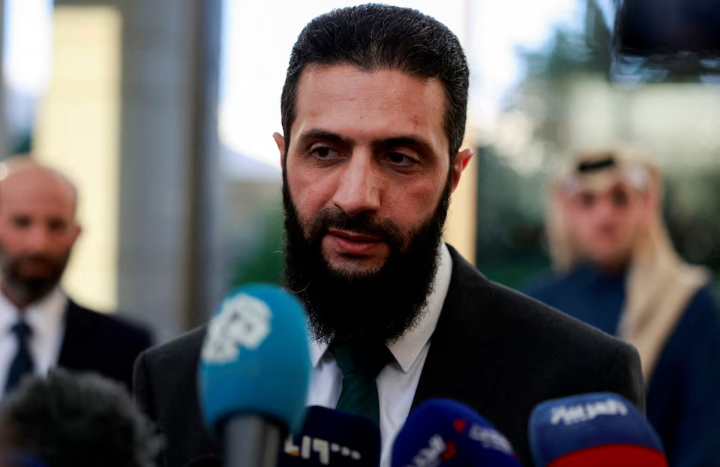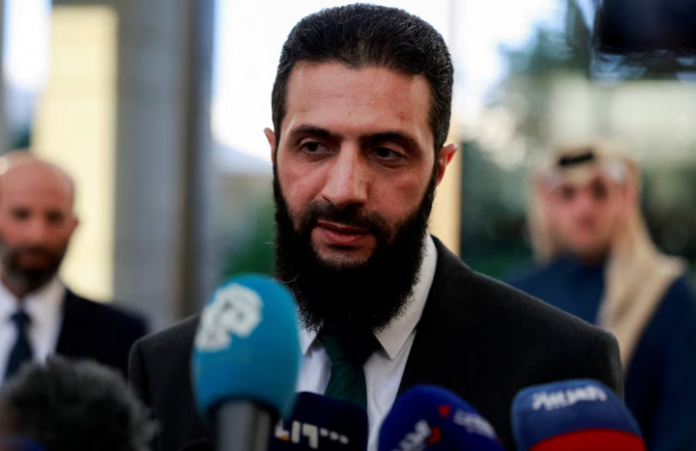Syria’s new rulers are making bold moves to dismantle the economic stronghold of business elites linked to former President Bashar al-Assad. Since taking control in December, the rebel group Hayat Tahrir al-Sham (HTS) has launched a sweeping investigation into the financial empires of Assad’s allies, aiming to purge corruption and restructure the country’s economy.
According to insiders, a government-appointed committee has begun scrutinizing high-profile businessmen such as Samer Foz and Mohammad Hamsho, both of whom were sanctioned by the U.S. for allegedly profiting from Syria’s long-standing civil war.
The new administration has also ordered the freezing of assets belonging to individuals and companies tied to Assad’s inner circle, particularly those blacklisted by Western governments.
Meetings with Assad’s Top Tycoons
Despite their controversial reputations, Foz and Hamsho returned to Syria and met with HTS leaders in Damascus to discuss the future of their businesses under the new regime. Sources indicate that these once-powerful tycoons have pledged cooperation, likely in an attempt to preserve their financial interests amid the ongoing transition.
Foz’s Aman Holding spans industries like pharmaceuticals, sugar refining, and logistics, while Hamsho’s Hamsho International Group controls assets in petrochemicals, media, and construction. The new government, however, has placed these companies under strict supervision while it investigates their financial dealings.
Balancing Reform and Economic Stability
The economic fate of Syria remains uncertain as the new administration decides how to handle former regime-linked businesses. While authorities acknowledge the need for reform, completely dismantling these corporate networks could further destabilize the economy.
According to Syria’s Trade Minister Maher Khalil Al-Hasan, the government’s priority is maintaining business operations to prevent mass layoffs and supply chain disruptions. Factories and companies linked to Assad-era elites are still running, albeit under strict oversight.
Sanctions and International Pressure
A major challenge facing the new leadership is navigating U.S. and EU sanctions, which continue to cripple Syria’s economy. Western governments remain skeptical of the new regime, and removing these sanctions would require significant political concessions.

Economic analysts warn that a harsh crackdown on Assad’s former business allies could worsen Syria’s financial crisis. Over 90% of Syrians live below the poverty line, and despite slight improvements in the availability of goods, affordability remains a serious issue.
Cautious Optimism for the Future
While the current leadership appears determined to clean up corruption, there is skepticism about whether these reforms will lead to real economic recovery. The process of redistributing wealth and restructuring power dynamics will take time, and many Syrians remain cautious about the new government’s promises.
For now, Syria’s business community is watching closely, waiting to see whether the new regime will prioritize economic justice or simply replace one elite class with another.



